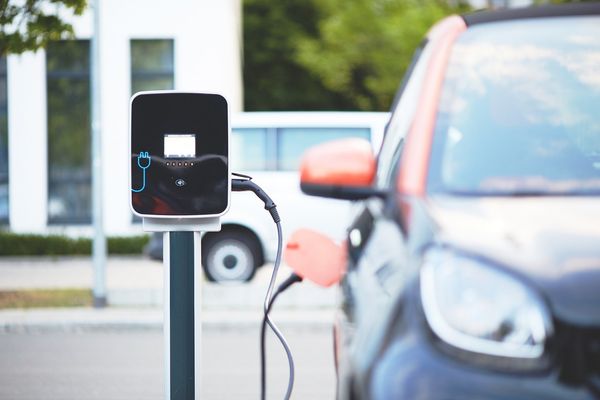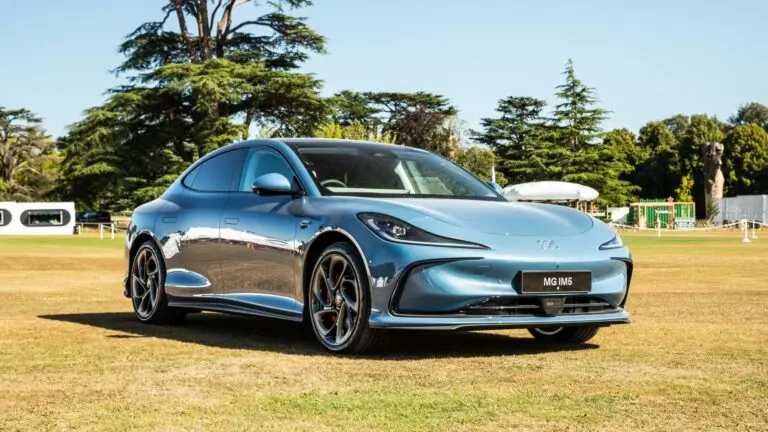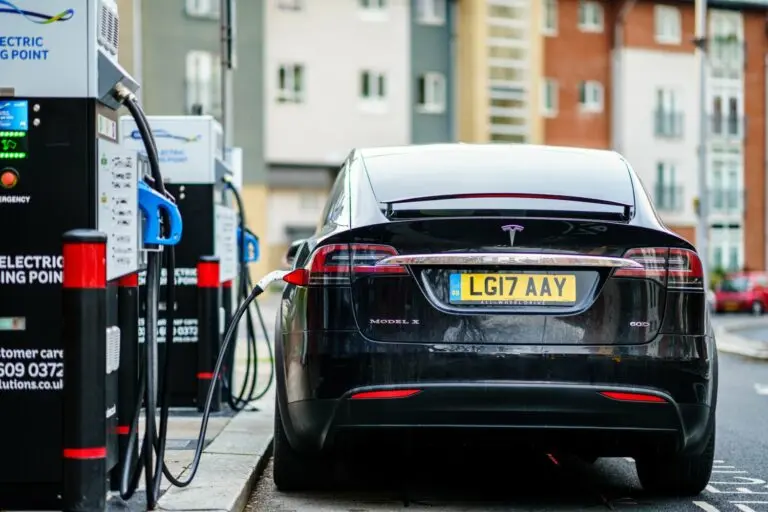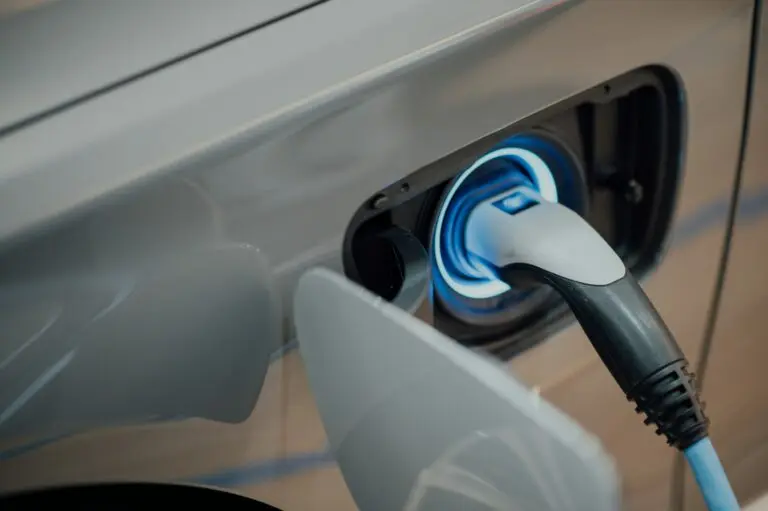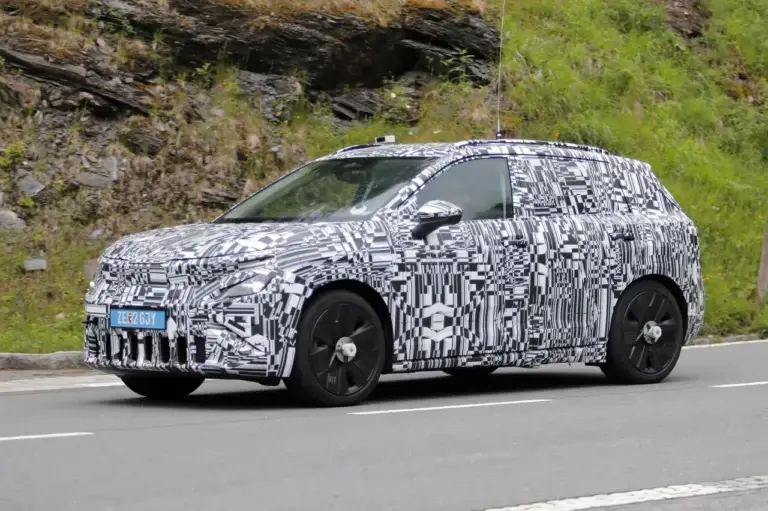The government plans to increase the amount of the ecological bonus for the purchase of electric vehicles, while introducing a new method of financing. This reform could come into force as early as 1 July 2025, according to a draft order to be presented to the Conseil supérieur de l’énergie on 17 June.
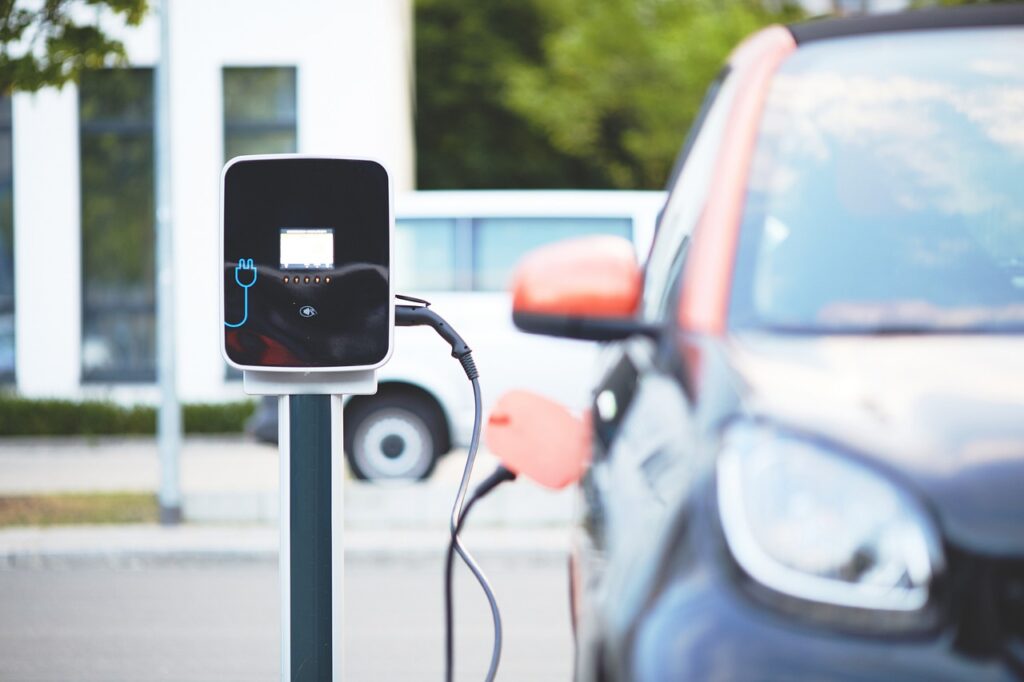
A bigger environmental bonus
The amount of the ecological bonus, currently 4,000 euros for low-income households or those in « fuel poverty », would be increased to 4,200 euros. For other households, the bonus would rise from €2,000 to €3,100, according to Les Echos. The aim of this increase is to make electric vehicles more accessible, at a time when the cost of these models remains a major obstacle for many households.
The reform is also designed to speed up the decarbonisation of the car fleet, at a time when sales of electric vehicles are slowing down.
One of the reasons for this reform is that the budget for the bonus for 2025 is almost fully committed. A new method of financing is therefore deemed necessary to guarantee the continuity of the scheme.
Financing based on energy suppliers
Rather than relying entirely on public finances for this support, the government would like to mobilise energy saving certificates (CEE). This mechanism obliges energy suppliers (such as EDF or TotalEnergies) to finance actions to reduce energy consumption in France.
Until now, CEE has mainly been used to help people renovate their homes (by changing an old boiler or insulating a roof, for example). The government now wants the scheme to be used to fund support for electric cars, such as the bonus or social leasing.
Each year, the CEE represents between 4 and 6 billion euros. The government wants to use some of this to help with the transition to electric cars, while continuing to support housing renovations.
A decision on the ecological bonus expected in mid-June
Not everyone is in favour of this strategic reorientation. Some players in the energy renovation sector fear that the funds allocated to work on housing, such as thermal insulation or the replacement of heating systems, will be reduced.
The government, for its part, is defending a more balanced approach to the energy transition. It believes that reducing emissions in the transport sector should now be given the same priority as reducing emissions in the residential sector.
The draft decree will be presented to the Conseil Supérieur de l’Energie on 17 June. If the text is adopted, the new eco-bonus rules will come into force on 1 July 2025.

